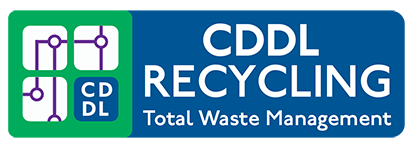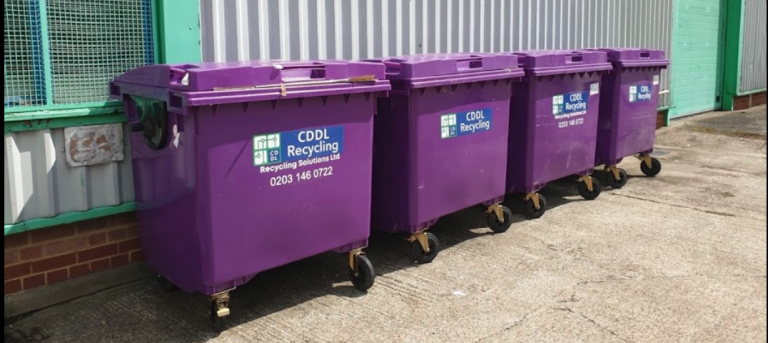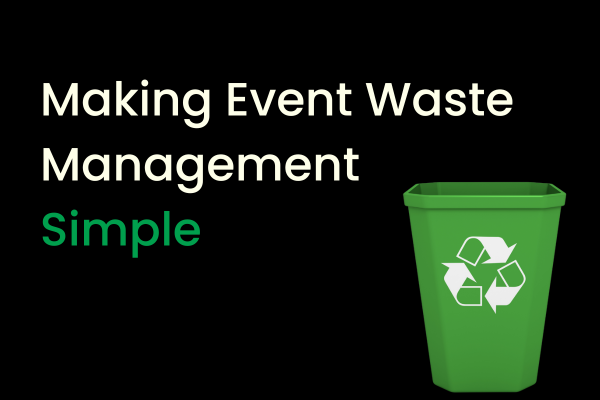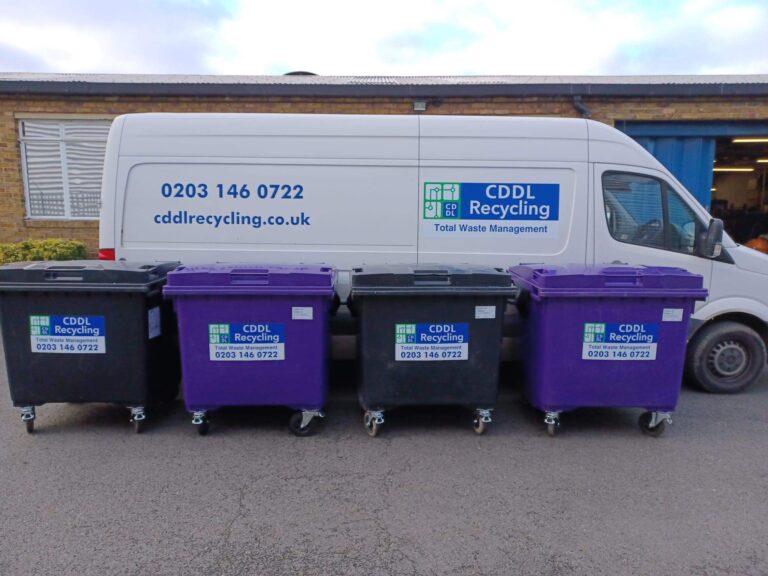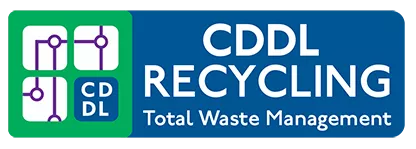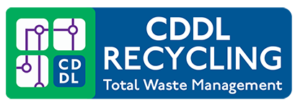The Importance of Conducting a Waste Audit
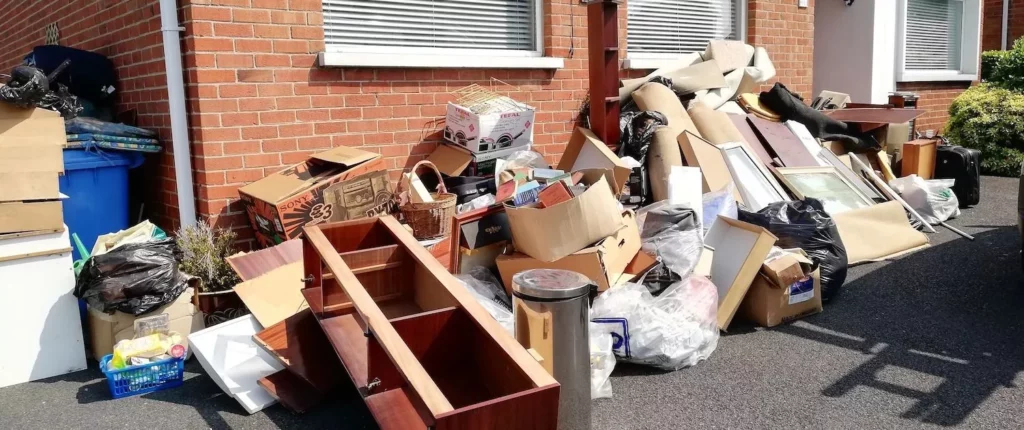
One of the most effective ways to manage your waste is through conducting a waste audit. As society continues to grow and expand, waste generation has become a major challenge that we face.
With the rapid growth in population and industrialisation, waste management has become a crucial issue that requires the attention of all of us.
Step 1: Plan the Waste Audit
The first step in conducting a waste audit is to plan the process. It involves identifying the areas to be audited, the team members responsible for conducting the audit, and the tools and equipment required. The planning phase should also include determining the scope of the audit, the type of waste to be audited, and the time frame for the audit.
Step 2: Conduct a Waste Assessment
The second step involves conducting a waste assessment. This involves identifying and categorising the types of waste generated by the organisation. It is essential to include all types of waste, including hazardous and non-hazardous waste. The waste assessment should also include identifying the source of the waste, the quantity, and the frequency of waste generation.
Step 3: Measure and Record the Data
The third step involves measuring and recording the data collected during the waste assessment. This includes weighing and recording the quantity of waste generated by the organisation. It also involves recording the type of waste, the source, and the frequency of waste generation.

Step 4: Analyse the Data
The fourth step involves analysing the data collected during the waste audit. This includes identifying the areas where waste is generated the most, the type of waste generated, and the frequency of waste generation. The analysis should also identify the waste reduction opportunities and the areas where waste management strategies can be improved.
Step 5: Develop a Waste Management Plan
The final step involves developing a waste management plan based on the data and analysis conducted during the waste audit. The waste management plan should identify strategies to reduce waste generation, improve waste segregation, and disposal methods. The plan should also include identifying waste management vendors and establishing partnerships to implement the plan.
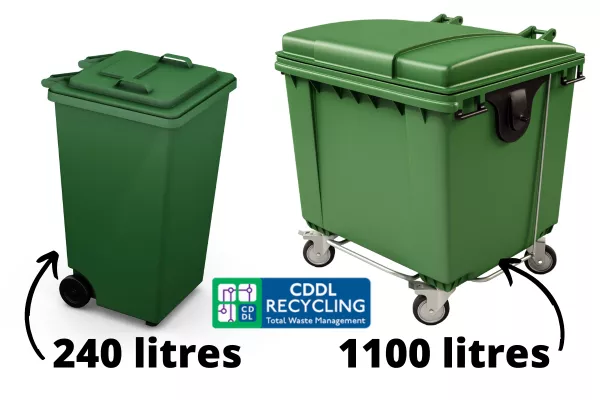
Benefits of Conducting a Waste Audit
Conducting a waste audit has numerous benefits, including:
- Identification of waste reduction opportunities
- Improving waste management strategies
- Compliance with environmental regulations
- Reducing costs associated with waste management
- Improving the organisation’s environmental performance
- Enhancing the organisation’s reputation as a responsible corporate citizen.
In conclusion, conducting a waste audit is an essential process in effective waste management. It helps organisations to identify waste reduction opportunities, improve waste management strategies, comply with environmental regulations, and reduce costs associated with waste management.
By following the steps outlined above, organisations can effectively manage their waste and contribute to a cleaner and more sustainable environment.
How can CDDL Recycling help with a Waste Audit?
If you’d rather a professional waste management company completed a waste audit for your business, then get in touch today.
